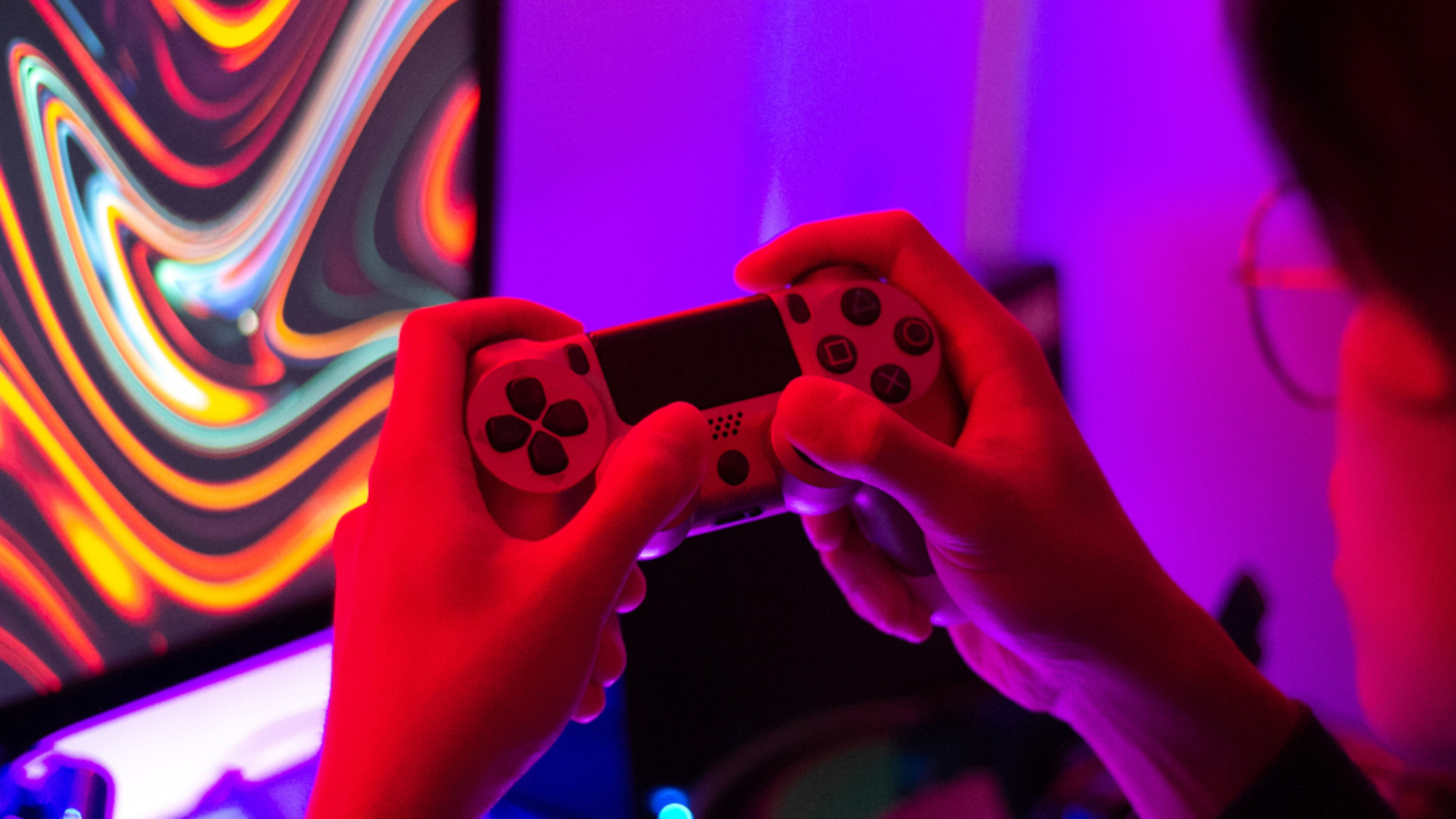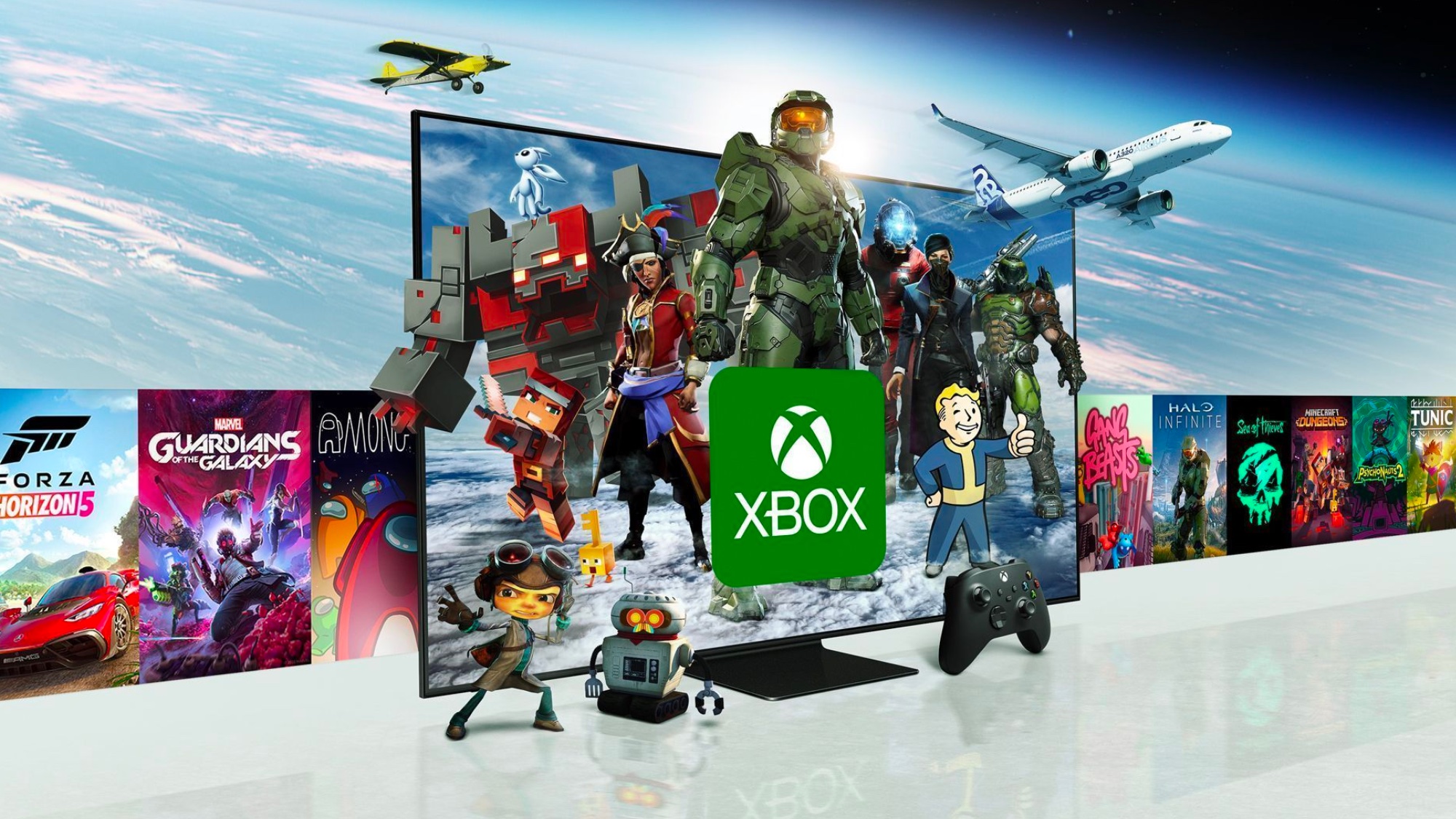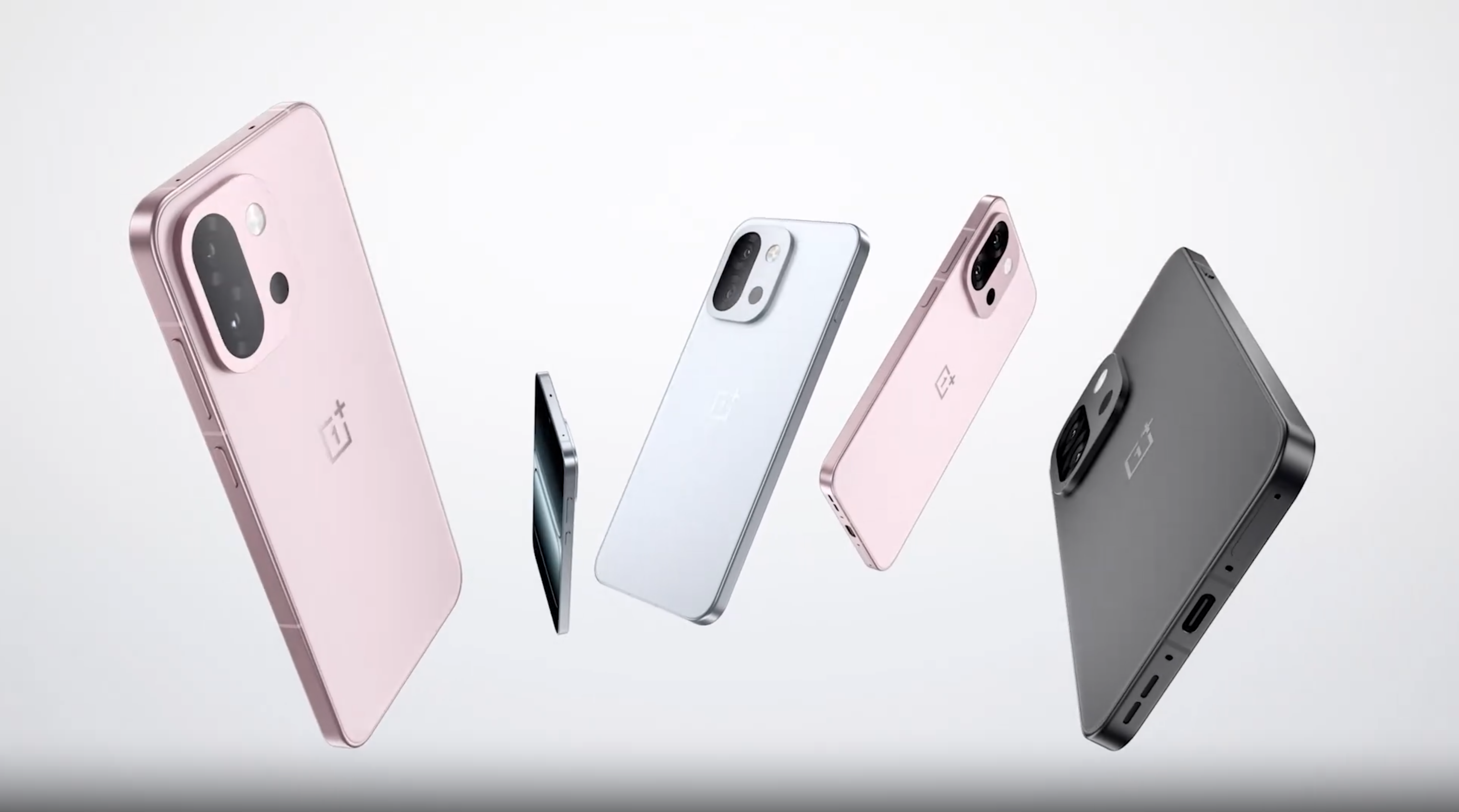
The advent of cloud gaming has wrought some enticing opportunities, like the ability to play games in practically any location — provided, of course, that the internet connection is good enough.
Cloud gaming is an interesting paradigm in the video game industry, wherein the likes of one of tech’s biggest players, Google, couldn’t even make a lasting impact with its own Stadia cloud service offering. Although Stadia didn’t last, it set in motion a new way of thinking when it comes to gaming on the go.
No longer would we have to be tied down by physical hardware, as the modus operandi for gaming could soon become something as accessible as our smartphones and tablets. In the wake of Stadia, more cloud gaming offshoots have arisen, best witnessed with the likes of Microsoft’s Xbox Cloud Gaming, Nvidia’s GeForce Now, Amazon Luna and more.
They have proven to show just how much of an impact the technology has in reshaping the way we play our most beloved games, beyond just where we play them. In fact, cloud gaming could usher in a whole new era in the ever-still cutthroat console wars.
As the technology accelerates, the potential for an inevitable console-less game environment grows exponentially. And, with companies like Samsung bringing cloud gaming to some of the best TVs, the prospect of ditching the console in favor of a display with the most optimal gaming components may soon become the norm.
Is it a future based in reality, or are game consoles just too invaluable a component to replace?
The state of gaming on TVs
Nearly three years prior to me writing this, I wrote something similar on the prospects of cloud gaming for TheGamer. At the time, Stadia was paving the way for a new industry norm, one that Google would inevitably fall flat on and miss the boat entirely.
Sign up to get the BEST of Tom's Guide direct to your inbox.
Get instant access to breaking news, the hottest reviews, great deals and helpful tips.
In that same article, I referenced a Reddit post that still holds weight to this day. User EricLowry described three main ways cloud gaming could no sooner become commonplace: convenience, cloud-specific features and no need for dedicated hardware.
Flash forward to CES 2023, in the midst of Samsung’s First Look presentation, wherein a massive OLED in the center of the small exhibit stole my attention. Although its neon-glitzed streets and action-packed gameplay are quite the draw, Cyberpunk 2077 wasn’t what had pulled my attention to the screen so fiercely that day.
It was the fact that there wasn’t a single gaming console or PC in sight.
Playing Cyberpunk via Samsung’s newfound Gaming Hub proved to me just how realistic a future without dedicated consoles could be. Of course, the operation relies solely on how powerful a user’s internet access is, which is in and of itself a whole other issue entirely, but the advent of improved WiFi in the form of WiFi 7 and better router technology could push us in the right direction.
TV game streaming viability

In the midst of the 2023 Wells Fargo TMT Summit, Xbox CFO Tim Stuart relayed the overarching goal Microsoft has with its Xbox Game Pass service, citing its inevitable availability on “every screen that can play games.”
"It's a bit of a change of strategy…our mission is to bring our first-party experiences [and] our subscription services to every screen that can play games. That means smart TVs, that means mobile devices, that means what we would have thought of as competitors in the past like PlayStation and Nintendo."
Tim Stuart
Now, obviously, Game Pass isn’t coming to your PlayStation 5 or Nintendo Switch anytime soon (if ever), but the service has found a home on a wide variety of devices. The most promising and forward-thinking is the introduction of an Xbox Game Pass app for smart TVs, which promises “All you need is your controller…” and a 2020 Samsung TV or newer model.
Despite the title, the Game Pass app for Smart TVs, as it currently stands, is only available on Samsung displays. There are, according to several Reddit posts, ways of sideloading the app onto alternative TVs, like some LG models, but beyond that if you want to play games over the cloud currently on a TV, Samsung is the only option for it.
Other companies are looking to adopt cloud gaming as a feature on displays, including Hisense and LG. It’s unclear when or in what form these offshoots might take, and a potential for streamer exclusivity is there, with only Hisense sporting Xbox, or LG only having GeForce Now, but this is merely conjecture.
There are some ways around the constraint, though, like Nvidia’s Shield product or even a Chromecast. These, however, miss the point being sold with the potential of game streaming in the first place: instant, streamlined access straight from the TV. These alternatives are certainly worthwhile, but an Nvidia Shield is just another form of hardware and doesn’t strictly consider the TV as the ultimate game streaming selling point.
Technological roadblocks
There are a variety of ways in which cloud gaming isn't foolproof. As mentioned previously, a user's broadband connection is the ultimate hindrance. Around 10-25 Mbps is the general rule of thumb when it comes to game streaming, but it isn’t just download or upload speeds that are important.
In fact, latency is the biggest concern. If the latency is much too high or even if the data center housing the servers is too far away, then streaming games won’t be ideal no matter what your speeds are. And none of that takes into account what resolution you might be playing at.
Especially in terms of modern day TVs, for the most part you’ll most likely be playing at 4K. At least with Samsung, the company boasts that GeForce Now users can stream games in 4K. That’s an incredibly beefy load for most internet requirements and could be problematic for those who don’t have as powerful an internet infrastructure.
Tim Sweeney, CEO of Epic Games, seems to agree. In an email correspondence, Sweeney explained to me how the parallel battle between faster internet and faster hardware has seemingly always been championed by the latter.
Thus, while TVs could be a new form of entry with gaming on the cloud and could serve as a new battleground in the still thriving console wars, the likelihood is incredibly slim even in the long term. Physical hardware is just too hard to beat, and given the multitude of constraints and seemingly unwillingness by some to conform to game streaming, the future of a cloud gaming TV-dominated market may just be a pipe dream for now.
So while we expect to see more powerful and capable gaming TVs at CES 2024, the excitement around upcoming consoles like the PS5 Pro and Nintendo Switch 2 is here to stay.
More From Tom's Guide

Ryan Epps is a Staff Writer under the TV/AV section at Tom's Guide focusing on TVs and projectors. When not researching PHOLEDs and writing about the next major innovation in the projector space, he's consuming random anime from the 90's, playing Dark Souls 3 again, or reading yet another Haruki Murakami novel.
